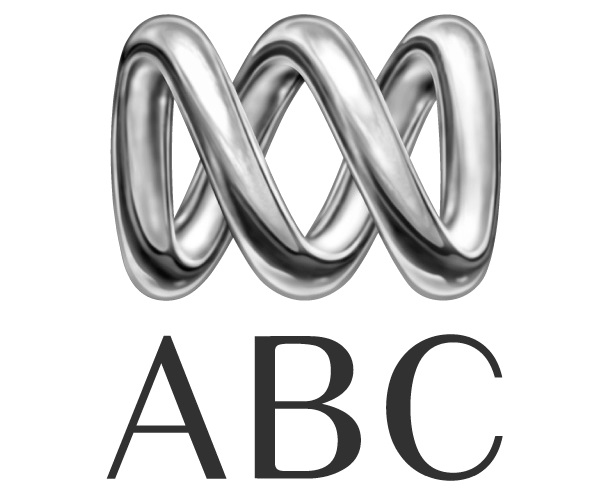
Australian Broadcasting Commission logo
The national broadcaster made the move to reduce their level of transcription of programming in a bid to decrease operating costs as reported by the Guardian Australia. Yet the Disability Commissioner told the Guardian Australia that the significant reduction in ABC transcripts resulting from this decision would severely affect people with a disability.
“People who are deaf or hard of hearing, the vast majority of them rely on the written transcripts to be able to follow what’s being said in audio formats, such as radio chat shows,” said McEwin. “And people who are blind, whilst they can hear the radio, many of them also like to download the transcript and read it at their own pace through their own software, such as screen reader software.”
The Labor senator Kim Carr echoes the concerns of Alastair McEwin. “It does concern me that for such a small amount of money such an important service upon which many people rely... across the country, given the significance of the ABC’s news gathering service, that we could end up in a situation like this,” said Carr.
During a Senate estimates hearing in Canberra in late October, Michael Millett, ABC’s Director of Corporate Affairs, said the ABC would save $210,000 a year from the changes, which were made because of 'changing audience needs'. Yet outside of the ABC, reaction to this has been universally negative.
"While it’s certainly true that people consume media in many differently ways, this doesn’t diminish our responsibility to ensure that media is accessible,” says Dr Manisha Amin, the CEO of web and digital accessibility advocates, Media Access Australia.
“Technology can be a barrier as well as the solution,” she adds. “So it’s particularly disappointing to see our national broadcaster opting for less accessibility as a cost-saving measure. Accessibility shouldn’t be about price, but about value for money. We call on the ABC to fulfil its obligations to all Australians, including those with disability.”
Top of page

